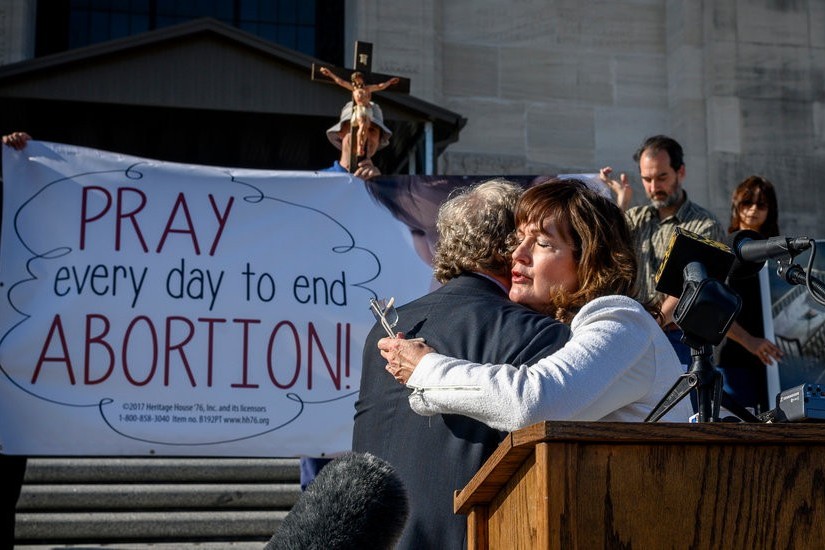Mike Kirwan’s rise was an archetypal American success story. After three years of formal schooling, he dropped out to work as a breaker boy in the anthracite coal mines of his native northeast Pennsylvania. Later, he fought in the U.S. Army during World War I, then put down roots in Youngstown, Ohio. He served as a councilman for two terms before he found himself in the right place at the right time, running as a Democratic candidate for the U.S. House of Representatives in 1936, the year Franklin Roosevelt posted what remains one of the biggest victories in presidential politics.
Kirwan also won his race that year, and remained in the House until his death in 1970. Over the years, he accumulated influence—a combination of seniority and making the right friends. He also served as chairman of the Democratic Congressional Campaign Committee during an era when the Democrats controlled Congress. As a result, he was considered to be the second-most powerful Democrat in the body, following only Speaker of the House Sam Rayburn. Another House Speaker, John McCormack, said Kirwan was a Horatio Alger story come to life.
Kirwan practiced what were later termed “pork barrel” politics, and was productive from a political standpoint. Some people called him “Iron Mike.” He helped secure funding for acres of parks, reservoirs (there’s one still named for him near the Portage-Mahoning county line), and the National Aquarium, which was derisively called “Mike’s Fish Bowl” by people who didn’t see the need for the expenditure.
But there was one project he couldn’t get done – and they still talk about it in the Mahoning Valley. For decades, Kirwan was the loudest – and sometimes it seemed like the only – advocate for a proposed canal from the Ohio River through Beaver County, Pennsylvania and the Mahoning Valley, ending in Lake Erie. Throughout his entire Congressional career, Kirwan championed the project, saying it was not just of vital importance to the valley, but the nation as a whole.
Kirwan had enough juice that his colleagues were willing to at least consider it – In 1966, TIME Magazine said, “most House members would sooner abandon Panama than damn Kirwan’s canal” – but the idea never came to fruition. Kirwan’s death pretty much put an end to the plan, and any slim hope for the canal beyond that died with the steel industry in Youngstown a decade later.
